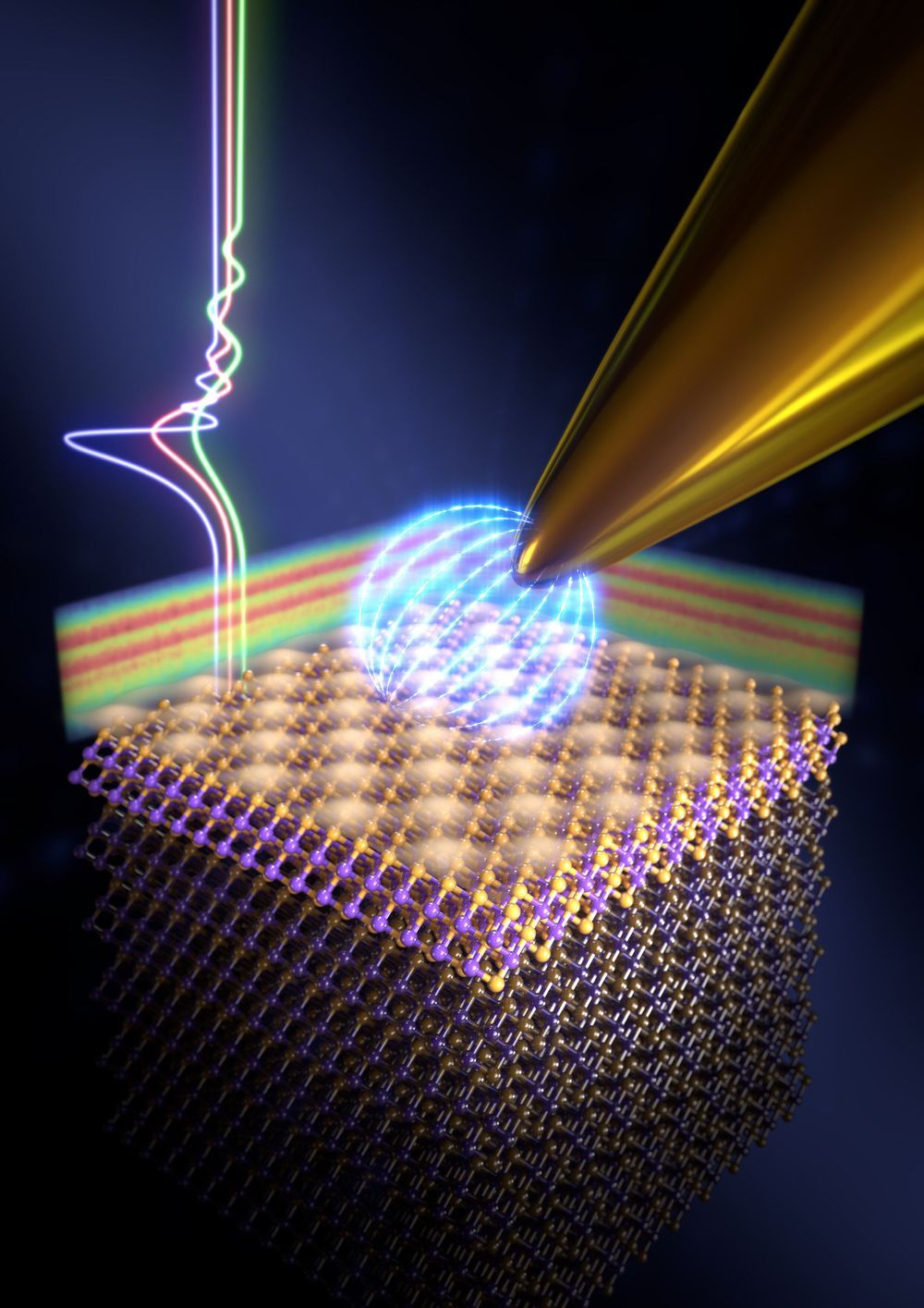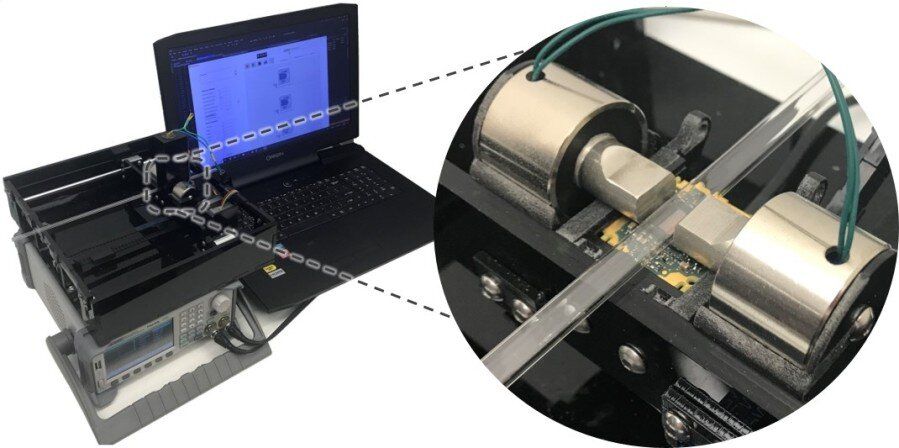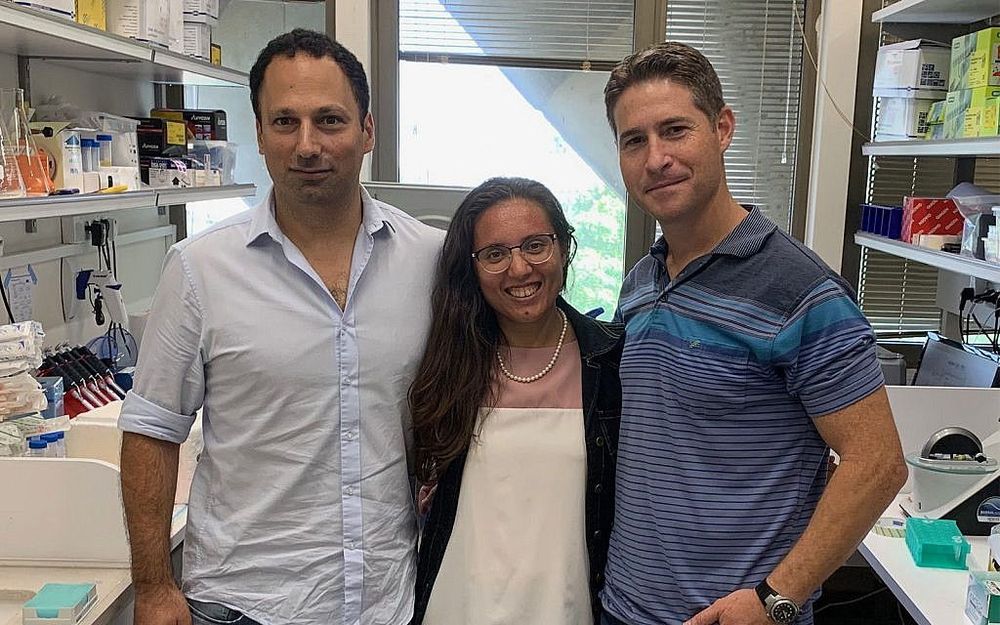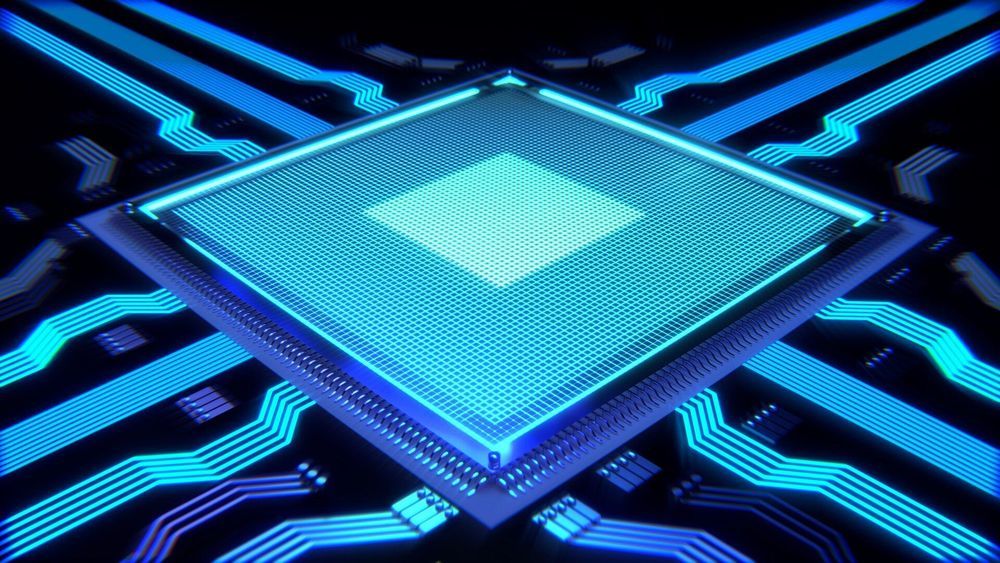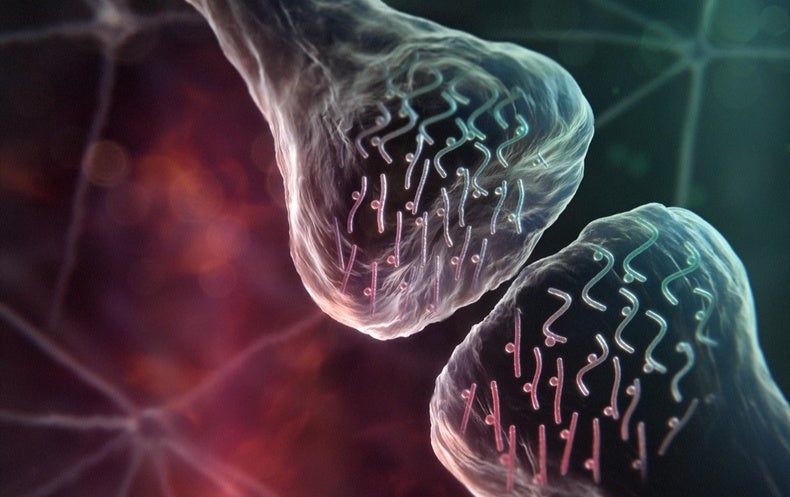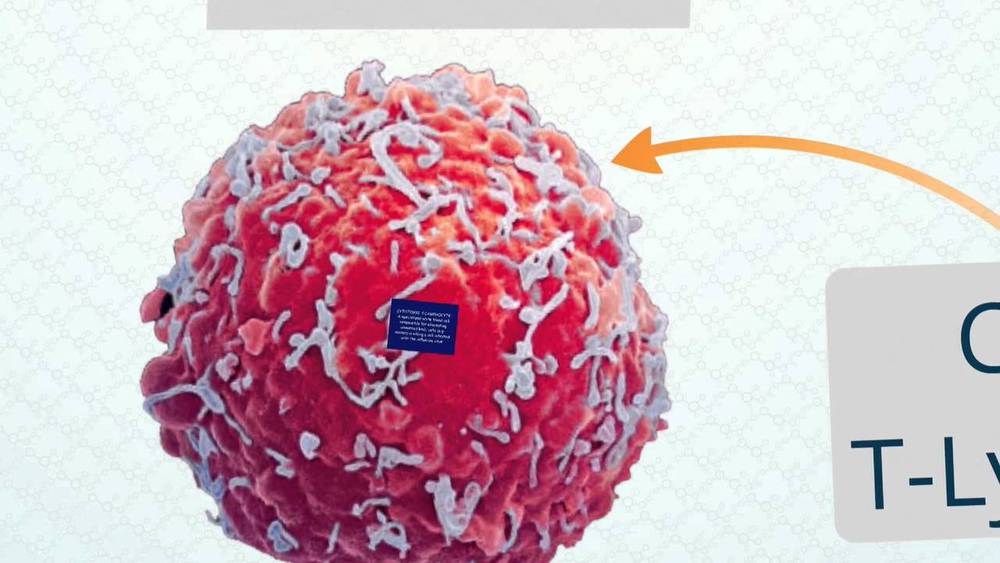Oct 15, 2019
How to control friction in topological insulators
Posted by Quinn Sena in categories: computing, nanotechnology, quantum physics
Topological insulators are innovative materials that conduct electricity on the surface, but act as insulators on the inside. Physicists at the University of Basel and the Istanbul Technical University have begun investigating how they react to friction. Their experiment shows that the heat generated through friction is significantly lower than in conventional materials. This is due to a new quantum mechanism, the researchers report in the scientific journal Nature Materials.
Thanks to their unique electrical properties, topological insulators promise many innovations in the electronics and computer industries, as well as in the development of quantum computers. The thin surface layer can conduct electricity almost without resistance, resulting in less heat than traditional materials. This makes them of particular interest for electronic components.
Furthermore, in topological insulators, the electronic friction—i.e. the electron-mediated conversion of electrical energy into heat—can be reduced and controlled. Researchers of the University of Basel, the Swiss Nanoscience Institute (SNI) and the Istanbul Technical University have now been able to experimentally verify and demonstrate exactly how the transition from energy to heat through friction behaves—a process known as dissipation.
